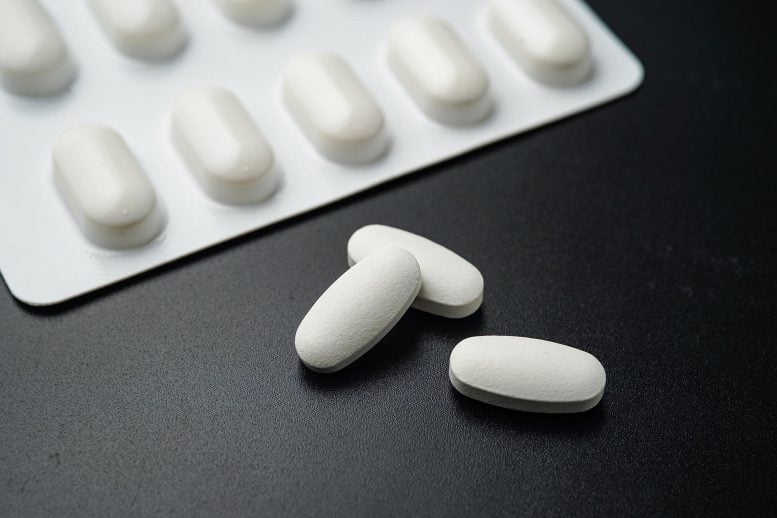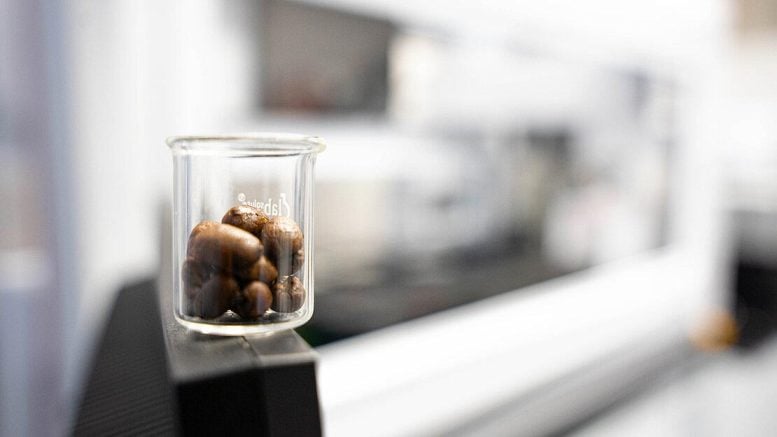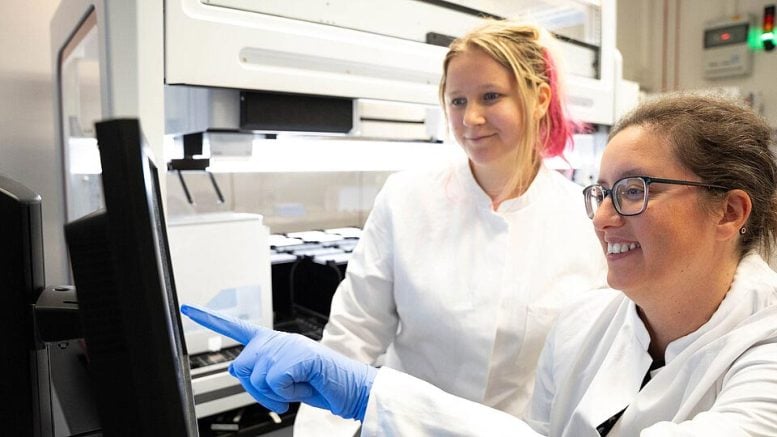
Caffeine and other common substances can influence bacterial defenses, reducing the effectiveness of some antibiotics.
Compounds found in our daily diets, including caffeine, can influence how bacteria respond to antibiotics. This conclusion comes from a new study led by Professor Ana Rita Brochado and her team at the Universities of Tübingen and Würzburg.
The researchers showed that bacteria such as Escherichia coli (E. coli) use complex regulatory networks to detect chemical cues from their surroundings, and these responses can alter the effectiveness of antimicrobial drugs.
To explore this effect, the team conducted a systematic screen of 94 substances, including antibiotics, prescription medicines, and dietary ingredients. They examined how these compounds influenced the activity of key genetic regulators and transport proteins in E. coli, a bacterium that can cause disease.

Transport proteins act as channels and pumps in the bacterial membrane, controlling the flow of substances into and out of the cell. Because bacterial survival depends on maintaining a precise balance in these transport systems, changes in regulation can have major consequences.
Antagonistic interaction with caffeine
“Our data show that several substances can subtly but systematically influence gene regulation in bacteria,” says PhD student Christoph Binsfeld, first author of the study. The findings suggest even everyday substances without a direct antimicrobial effect – e.g. caffeinated drinks – can impact certain gene regulators that control transport proteins, thereby changing what enters and leaves the bacterium.

“Caffeine triggers a cascade of events starting with the gene regulator Rob and culminating in the change of several transport proteins in E. coli – which in turn leads to a reduced uptake of antibiotics such as ciprofloxacin,” explains Ana Rita Brochado.
This results in caffeine weakening the effect of this antibiotic. The researchers describe this phenomenon as an ‘antagonistic interaction.’
Broader implications for antibiotic treatment
Interestingly, this weakening effect was not observed in Salmonella enterica, a close relative of E. coli. This indicates that even related bacterial species may react differently to the same environmental cues, likely due to variations in transport pathways or their role in drug uptake. President Prof. Dr. Dr. h.c. (Dōshisha) Karla Pollmann remarks: “Such fundamental research into the effect of substances consumed on a daily basis underscores the vital role of science in understanding and resolving real-world problems.”
The study, which has been published in the scientific journal PLOS Biology, makes an important contribution to the understanding of what is called ‘low-level’ antibiotic resistance, which is not due to classic resistance genes, but to regulation and environmental adaptation. This could have implications for future therapeutic approaches, including what is taken during treatment and in what amount, and whether another drug or food ingredient – should be given greater consideration.
Reference: “Systematic screen uncovers regulator contributions to chemical cues in Escherichia coli” by Christoph Binsfeld, Roberto Olayo-Alarcon, Lucía Pérez Jiménez, Morgane Wartel, Mara Stadler, André Mateus, Christian Müller and Ana Rita Brochado, 22 July 2025, PLOS Biology.
DOI: 10.1371/journal.pbio.3003260
Never miss a breakthrough: Join the SciTechDaily newsletter.